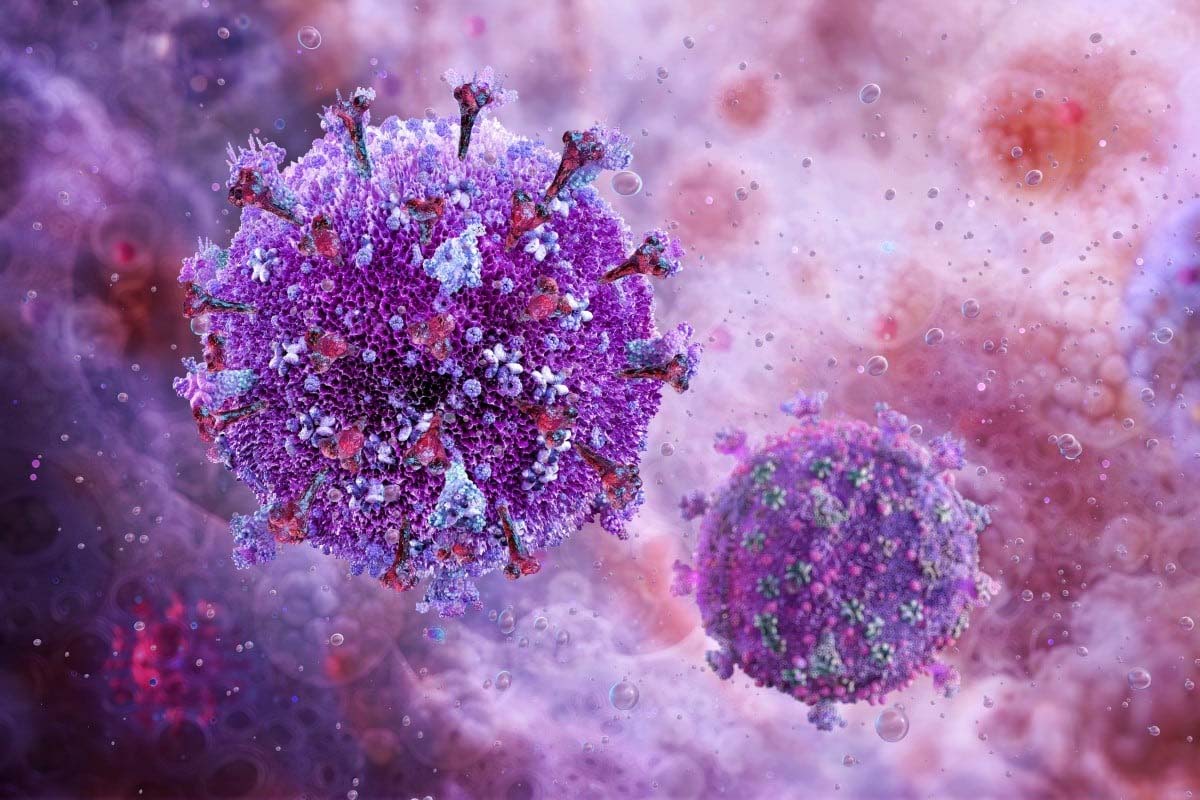Hong Kong: Medical experts have called for clear guidelines on HIV testing among low-risk groups amid a rise in late diagnosis cases in the city. The experts expressed their opinions on Saturday, a day after the Hong Kong AIDS Advisory Council (ACA) recommended making testing a routine practice for a wider population than just those at highest risk to address the growing number of late diagnosis cases. “Given the latest situation, the Advisory Council on AIDS recommends making HIV testing routine among non-critical populations to enable people living with HIV who are unaware of their status to receive timely diagnosis and treatment,” the council said. The proportion of people with late diagnosis among all HIV patients in Hong Kong is set to rise from 28.5 per cent in 2014 to 47 per cent in 2023, mirroring trends overseas.
The Centre for Health Protection’s Scientific Committee on AIDS and Sexually Transmitted Infections also released its latest recommendations on HIV testing on Friday, calling on people who have sex to get tested at least once in their lifetime to track their health status. The advisory council said its members supported its recommendations, which could encourage HIV testing among the general public. Dr Joseph Tsang Ke-yan, co-chairman of the Medical Association’s advisory committee on communicable diseases, said testing among the general public is a good step but clear guidelines would be needed from the authorities. “For the general public, if they need to get tested once, when should they do it?” said infectious disease expert Tsang. “If there are no clear guidelines, it will be difficult for others to follow.
“If I’m 21 and I get tested now, does that mean I don’t have to worry about it for the rest of my life if I don’t have any high-risk behaviour?” Instead, officials could consider asking people outside the high-risk population to get tested every five to 10 years, Tsang said. Previously, the government had identified six major groups who were advised to get HIV tests every six to 12 months, including men who have sex with men, transgender people, sex workers and their clients, and people who have multiple sexual partners.
